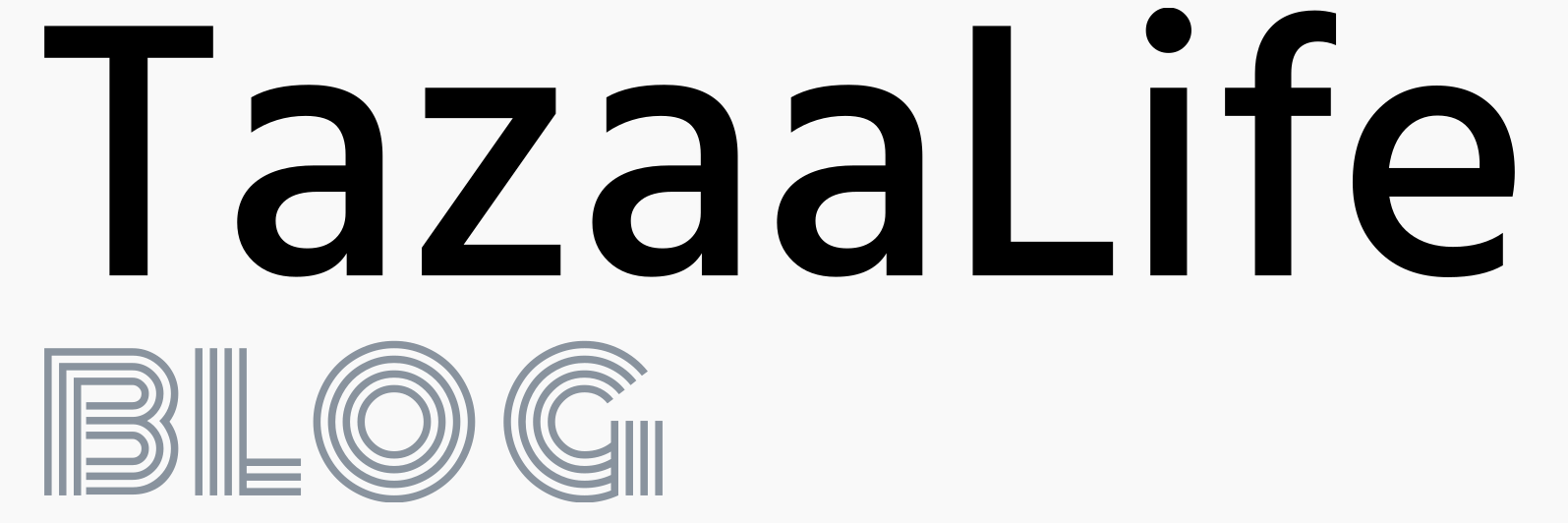Reading is one of the best ways to gain knowledge, expand your worldview, and improve your thinking. But reading a book doesn’t always guarantee that you will retain or apply what you’ve learned. Many people finish a book and realize they can’t remember much of it. The goal isn’t just to finish books — it’s to get the most out of them.
Here are some practical tips on how to read effectively, so you can truly benefit from the books you read:
1. Set a Purpose for Reading
Before you start reading, ask yourself why you are reading this book. Are you looking to gain new skills, understand a particular topic, or simply enjoy a story? Setting a clear purpose helps you stay focused and allows you to filter out unnecessary information. For example, if you’re reading a self-help book, focus on the chapters or sections that directly address the areas you want to improve.
Tip: Write down what you hope to learn or gain before starting a book. This acts as a guide throughout your reading.
2. Take Notes While Reading
Writing things down as you read helps solidify the information. Keep a notebook or a digital note-taking app handy. Jot down key points, interesting quotes, or questions you have. This helps in two ways: you actively engage with the material, and you have a record to revisit later.
Example: If you’re reading a business book like Atomic Habits by James Clear, you could write down key principles, such as the “two-minute rule” or “habit stacking,” along with personal reflections on how you could apply them.
3. Summarize What You’ve Learned
After finishing a chapter or a significant section, pause and summarize what you’ve learned in your own words. This reinforces the material and helps you retain the information better.
Tip: Try explaining what you’ve learned to someone else or pretend you’re teaching it. This forces you to process the information at a deeper level.
4. Highlight or Annotate
Many readers find it helpful to highlight key passages or make notes in the margins of the book (if it’s a physical copy). However, don’t just highlight for the sake of it — be selective. Only highlight parts that resonate with your purpose for reading or offer new insights.
Example: In a biography like Steve Jobs by Walter Isaacson, you might highlight sections that talk about Jobs’ leadership style or how he dealt with failure.
5. Make Connections to What You Already Know
New information sticks better when it’s connected to existing knowledge. As you read, try relating the content to your own experiences or previously read material. This creates mental links that make the information easier to recall.
Tip: If you’re reading a book on psychology, like Thinking, Fast and Slow by Daniel Kahneman, relate the concepts to real-life situations where you noticed yourself or others using fast (instinctive) or slow (deliberate) thinking.
6. Review Regularly
Don’t just finish the book and forget about it. Regular review is essential for long-term retention. Revisit your notes, summaries, or key highlights after a few days or weeks. This strengthens your memory and keeps the knowledge fresh.
Tip: Keep a reading journal where you can revisit and review the key takeaways from all the books you’ve read.
7. Apply What You’ve Learned
The best way to remember what you’ve read is to put it into practice. Think about how the ideas in the book can be applied to your life. If you’re reading a book on productivity, try out the techniques for a week and see how they impact your workflow.
Example: If you’re reading the 7 Habits of Highly Effective People by Stephen Covey, practice applying the habits like “Begin with the End in Mind” to plan your personal or professional goals.
8. Join a Book Club or Discuss with Others
Talking about what you’ve read helps deepen your understanding. Join a book club or simply discuss the book with a friend who’s interested in the same topics. The act of discussing ideas helps you see things from different perspectives and reinforces the material in your mind.
Tip: If you can’t join a book club, try online forums, social media groups, or even writing a blog post to share your thoughts and get feedback from others.
9. Don’t Be Afraid to Skim
Not every part of a book is equally valuable. It’s okay to skim sections that aren’t relevant to your goals or purpose. Don’t feel compelled to read every word if it doesn’t serve your needs.
Example: If you’re reading a technical manual or academic book, focus on the chapters that answer your questions and skim through the rest.
10. Read Multiple Books on the Same Topic
Sometimes, reading multiple books on the same subject gives you a broader perspective and helps solidify key concepts. Different authors may explain the same idea in different ways, and this can deepen your understanding.
Example: If you’re interested in personal finance, reading both The Millionaire Next Door and Rich Dad Poor Dad will give you a more rounded perspective on wealth-building strategies.
Final Thoughts
Reading is a powerful tool, but how you read determines how much value you get from a book. By setting a clear purpose, taking notes, summarizing, applying, and reviewing what you’ve learned, you can transform the way you approach reading. Instead of just finishing books, focus on what you’re gaining from them. Use these tips, and the next time you pick up a book, you’ll find yourself learning and retaining much more. Happy reading!
